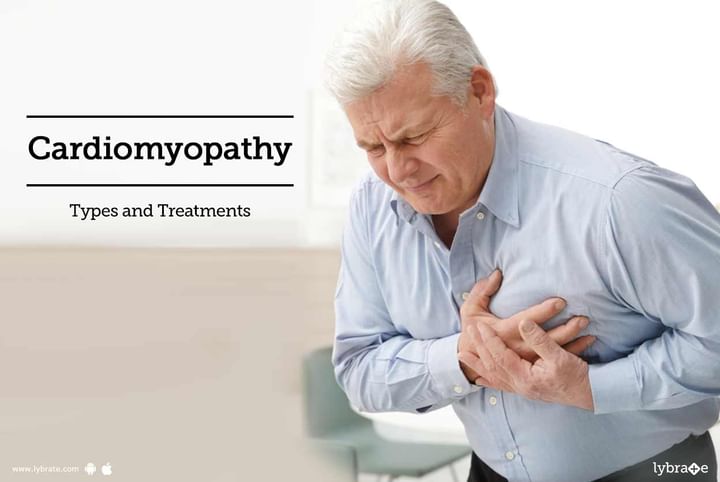Cardiomyopathy: Types and Treatments
Cardiomyopathy includes diseases involving the heart muscle. These diseases have various causes, types, symptoms and modes of treatment.
The heart muscle gets enlarged, thick or rigid. In several cases, the heart muscle tissue is replaced with a scar tissue. As this condition worsens, the heart gets weaker and the ability to pump blood is disrupted, which can cause heart failure or irregular beating of the heart. The weakened state of the heart can lead to valvar diseases.
The different types of cardiomyopathy are:
- Hypertrophic Cardiomyopathy: This is a common form and affects people of all ages. Men and women are affected equally. This condition arises due to the enlargement and thickening of the heart muscle. The ventricles, the septum and the lower heart chamber usually thicken, which causes obstruction in pumping of blood by the heart. This disease also causes stiffness in the ventricles, and cellular changes in the tissue.
- Dilated Cardiomyopathy: This form of cardiomyopathy develops due to the enlargement and weakening of the ventricles. The issue arises from the left ventricle and develops over time. It may even affect the right ventricle. More effort is put in by the heart muscles for pumping blood and slowly the heart is unable to pump blood effectively. This condition may lead to heart failure, valve diseases or blood clots in the heart.
- Restrictive Cardiomyopathy: This disease occurs due to the stiffening of the ventricles, without thickening of the walls of the heart. The ventricles are not allowed to relax and do not receive a sufficient volume of blood supply. This condition causes heart failure and valvar problems over time.
- Arrhythmogenic Right Ventricular Dysplasia: This rare form of cardiomyopathy occurs when fat or fibrous tissues replace the muscle tissue of the right ventricle. This causes arrhythmias and disruption in the electrical signals of the heart. It generally affects teens and may cause cardiac arrest in athletes.
- Unclassified Cardiomyopathy: Some types of cardiomyopathy of this category include left ventricular non compaction where the ventricles develop trabeculations. Takotsubo cardiomyopathy is another disease where immense stress causes failure of the heart muscles.
Treatment: Many cases of cardiomyopathy come and go away on their own. Treatment for other cases depends on the severity and symptoms. The major treatment methods are:
Lifestyle changes meant for a healthier heart.
Modes of surgery for treatment of cardiomyopathy include:
- Septal myectomy
- Heart transplant
Implant devices such as Cardiac resynchronization therapy (CRT) device, Implantable cardioverter defibrillator (ICD), Left ventricular assist device and pacemakers are fitted into the heart for better performance.
Cardiomyopathy can be of many different types, each arising from different situations and conditions. The mode of treatment depends on the severity of the complication or on the basis of symptoms. If you wish to discuss about any specific problem, you can consult a Cardiologist.


+1.svg)
